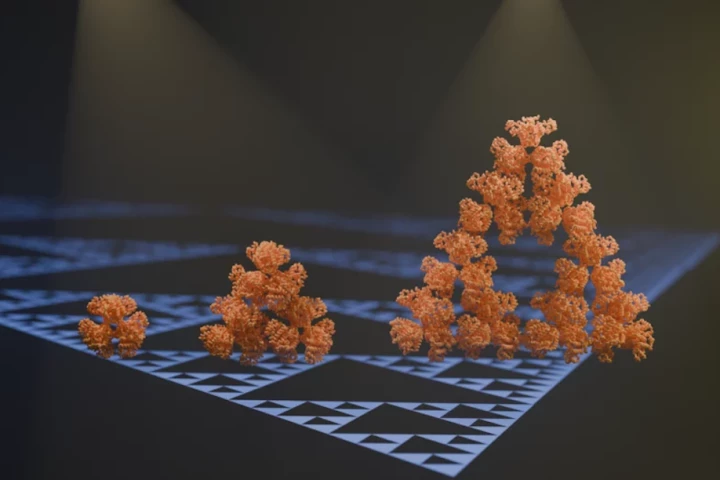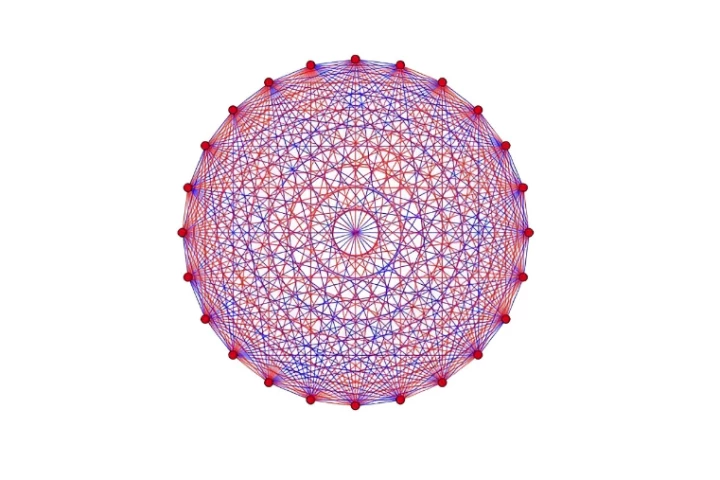Mathematics
-
New research details an intriguing new way to solve "unsolvable" algebra problems that go beyond the fourth degree – something that has generally been deemed impossible using traditional methods for two centuries, until now.
-
Have you ever wondered why walking from point A to B can be easy in some places, and incredibly frustrating in others? Well, scientists have uncovered the mathematical equation that underpins how foot traffic can collectively descend into utter chaos.
-
How do you keep a glass of beer cold the longest? With science, of course. That's what one researcher has turned to, finding the optimal shape of drinking vessel that will keep a poured beer chilled for as long as possible while you drink it.
-
Along with Schrödinger’s Cat, the Infinite Monkeys Theorem is one of the most famous thought experiments. A new study, with tongue firmly in cheek, has calculated that you might be waiting seven googol years for your Shakespeare.
-
The world's largest known prime number has been discovered, but we can't show it because it's so large it would take up 21 standard-sized novels to turn into text. Called M136279841, it comes to 41,024,320 digits.
-
Less than a year ago we told you about the Tiroler, a titanium ring that's a rather clever alternative to the boring ol' tape measure. Well, its makers are back with a new take on the concept, which also performs calculations.
-
Fractals are a fascinating type of pattern for mathematics nerds, with their repeating, artificial-looking structures. Now, scientists have discovered the first known fractal protein – and it seems to be an evolutionary accident.
-
Historians have discovered what may be the world's first decimal point, in an ancient manuscript written 150 years before its next known appearance. There have been many ways to split integers, but this little dot has proven uniquely powerful.
-
We’ve all accidentally tied knots that we can’t untangle – but we don’t expect to win any world records. Now scientists have done exactly that, accidentally tying the world’s smallest and tightest knot in a tiny structure made of just 54 atoms.
-
Forget politics; if you want to divide a crowd, ask if anyone enjoys mathematics. But even the most maths-averse people may still be impressed by two researchers who have solved a problem that has been stuck in the same puzzling place since 1937.
-
A new study has found that number-based board games may improve young children’s math abilities, with the researchers encouraging further studies to see how these types of games can enhance other developmental skills.
-
A new study may overturn more than 100 years of accepted science about how the brain functions. Researchers applied a mathematical model to brain activity and found that brain function may have more to do with shape than connectivity.
Load More











